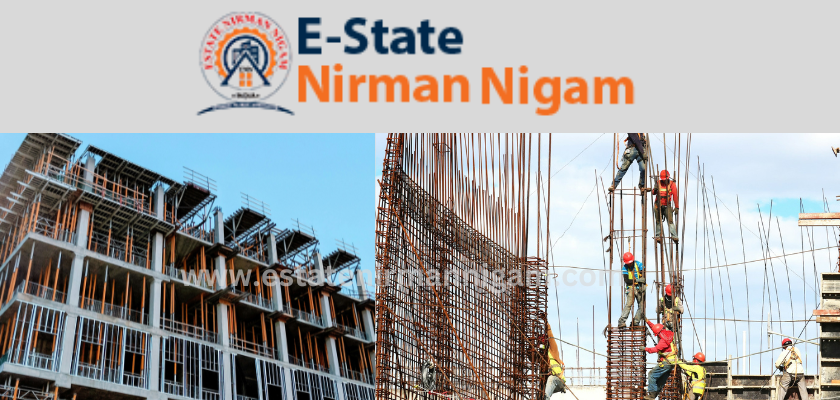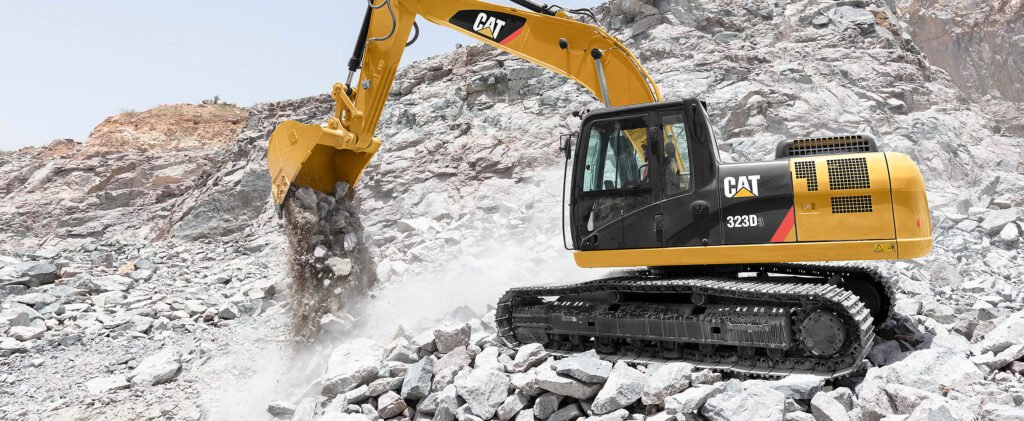E-state Nirman Nigam Sand Supplier Registration
E-state Nirman Nigam.Sand supplier registration involves the process by which individuals or companies apply to become authorized suppliers of sand for various purposes, including construction, landscaping, and industrial use. The registration process typically varies depending on the jurisdiction and the specific requirements set forth by regulatory bodies or governmental agencies. Here’s a comprehensive guide detailing the steps involved in sand supplier registration E-state Nirman Nigam.

Understanding the Regulatory Framework:
Begin by researching the regulatory framework governing sand supply in your region. This includes laws, regulations, and policies related to sand extraction, transportation, and sale.
Identify the key regulatory bodies responsible for overseeing sand supply activities, such as environmental agencies, mining departments, or local government authorities.
Preparing Documentation:
Gather all necessary documentation required for the registration process. This may include:
Business registration documents (e.g., company incorporation certificate)
Proof of ownership or lease agreements for sand extraction sites
Environmental impact assessments or clearances
Transportation permits/licenses
Tax registration documents
Health and safety compliance certificates
Any other relevant permits or approvals

Environmental Compliance:
Ensure compliance with environmental regulations and obtain necessary permits related to sand extraction. This may involve conducting environmental impact assessments and obtaining clearances from environmental agencies.
Implement measures to mitigate environmental impacts associated with sand extraction activities, such as soil erosion control, water management, and restoration of affected areas.
Safety and Health Standards:
Comply with safety and health regulations applicable to sand mining and transportation activities. This includes ensuring safe working conditions for employees, providing appropriate protective gear, and adhering to occupational health standards.
Obtain relevant safety certifications and conduct regular safety audits to mitigate workplace hazards and prevent accidents.
Transportation and Logistics:
Obtain permits and licenses for the transportation of sand from extraction sites to end-users or distribution centers. This may involve compliance with weight restrictions, vehicle specifications, and route regulations imposed by transportation authorities.
Develop efficient logistics and transportation strategies to ensure timely delivery of sand to customers while minimizing costs and environmental impacts.

Quality Control:
Implement quality control measures to ensure that the sand supplied meets the required standards and specifications. This may involve testing for particle size, moisture content, chemical composition, and other relevant parameters.
Maintain records of quality testing results and adhere to industry standards and specifications for different applications of sand, such as construction, manufacturing, or landscaping.
Licensing and Permitting:
Apply for the necessary licenses, permits, and approvals required to operate as a sand supplier. This may include:
Mining permits/licenses for sand extraction
Transportation permits/licenses for sand transportation
Business licenses and permits from local authorities
Ensure timely renewal of licenses and permits to remain compliant with regulatory requirements.
Compliance Monitoring and Reporting:
Establish monitoring mechanisms to track compliance with regulatory requirements throughout the supply chain, from extraction to delivery.
Maintain accurate records of sand extraction volumes, transportation activities, and sales transactions for reporting purposes.
Respond promptly to any regulatory inquiries or inspections and address any non-compliance issues identified during audits or inspections.
Community Engagement and Stakeholder Relations:
Engage with local communities and stakeholders to address concerns related to sand mining activities, such as environmental impacts, land use conflicts, and socio-economic implications.
Implement community development initiatives and sustainable mining practices to foster positive relationships with affected communities and promote social responsibility.

Continuous Improvement and Adaptation:
Stay informed about changes in regulatory requirements, industry standards, and best practices related to sand supply and mining.
E-state Nirman Nigam Continuously evaluate and improve operational processes, environmental management practices, and safety protocols to enhance efficiency, sustainability, and compliance.
Adapt to emerging trends and technologies in sand extraction, processing, and transportation to remain competitive in the market while minimizing environmental impacts.
E-state Nirman Nigam sand supplier registration involves a multifaceted process that requires compliance with regulatory requirements, environmental considerations, safety standards, quality control measures, and stakeholder engagement. By following the steps outlined above and maintaining a commitment to responsible and sustainable sand supply practices, suppliers can contribute to the efficient and environmentally sound utilization of this valuable natural resource
About This Artical Is Also Available on The Following Most Reputed International Sites You May Go And Get Knowledge About This Notification:-
As per organisational News by https://pichhle.in/

As per blog https://gittee.in/

As per organisational News by https://felio.in/

As per blog https://sisy.in/

Leave a Reply